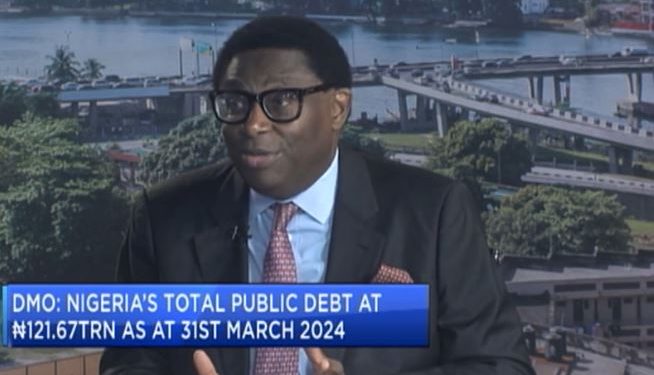CEO of The CFG Advisory , Tilewa Adebajo, has called on the Nigerian government to consolidate its budgets into one to prioritize essential projects and manage limited financial resources more effectively. Speaking during an interview on CNBC, Adebajo emphasized the need to optimize resources and align expenditures with revenue projections.
While addressing the nation’s revenue shortfall and service challenges, Adebajo explained that Nigeria is currently grappling with significant revenue shortfalls and rising debt service allocations, presenting severe challenges to funding national budgets. It will be recalled that the Senate recently criticized the executive branch for its poor performance in implementing the capital component of the 2024 budget amounting to eight times the combined allocations for education and defense, underscoring the government’s budgetary constraints.
“Low performance is as a result of lack of revenue, so there’s about N4trn shortfall in the projected revenue, so clearly you are going to see challenges in funding that budget. Also don’t forget that Debt Servicing is also a significant composition of that. Debt Service is N8Trn, Most of the funding is going towards debt service, and there is not much available for anything else, so that’s where you really find the challenge with funding the 2024 budget.”
Budget Extension and Sustainability Concerns
Speaking on Budget extension and sustainability concerns, Adebajo further highlighted the need for remedial legislation to address the growing debt levels and ensure fiscal responsibility.
‘’With a significant portion of revenues allocated to debt servicing, the sustainability of current debt levels is questionable. Strategic budget adjustments and long-term planning are imperative to stabilize Nigeria’s economic outlook.’’
Inflationary Pressures and Monetary Policy
As inflation continues to threaten Nigeria’s economic stability, Adebajo predicted another rate hike by the Monetary Policy Committee (MPC) to curb rising inflation driven by fuel and food prices. With core inflation persisting and the money supply nearing record highs, a proactive approach to monetary policy is required to maintain price stability and effectively address inflationary pressures.
Strategic Fiscal Management
Nigeria’s economic outlook hinges on strategic fiscal management and prudent financial decision-making. Stakeholders must collaborate to address structural deficiencies in budget implementation, revenue generation, and debt management. Fiscal discipline, strategic budget consolidation, and proactive monetary policy interventions are crucial to safeguarding the country’s economic stability and fostering sustainable development.
He further stressed the need for fiscal discipline, strategic budget consolidation, and proactive monetary policy interventions as critical to ensuring the country’s economic stability and long-term prosperity. Collaboration among stakeholders according to him is essential to addressing structural deficiencies that will steer Nigeria towards a path of fiscal resilience and sustainable growth.















